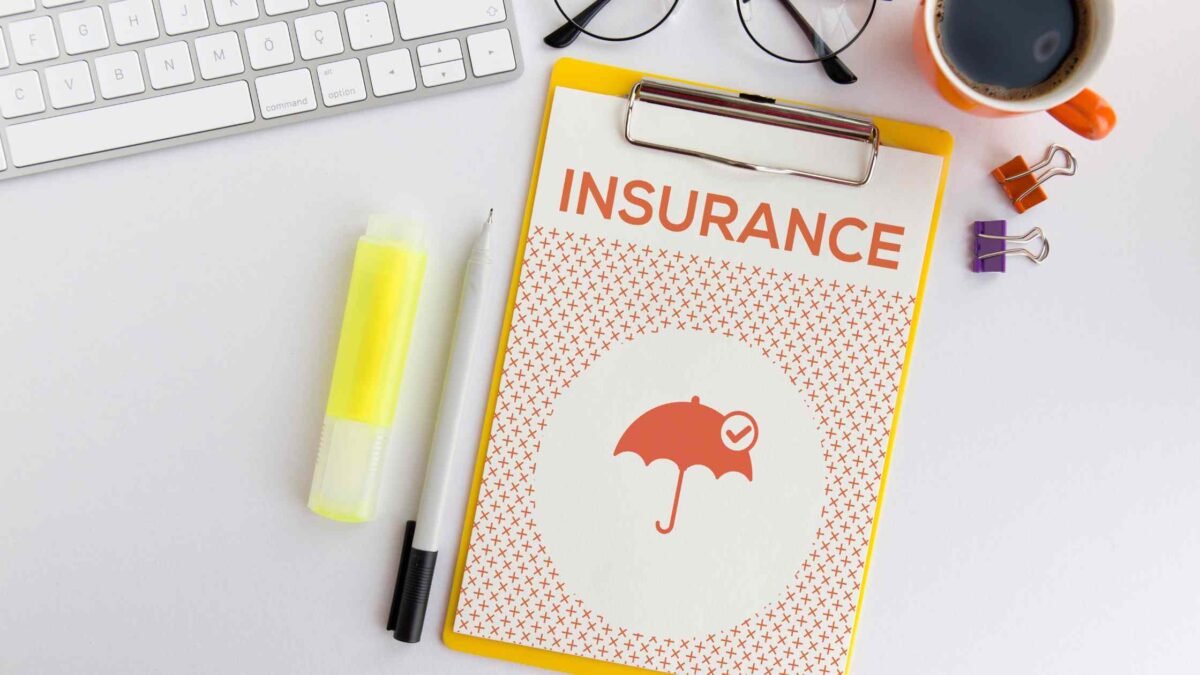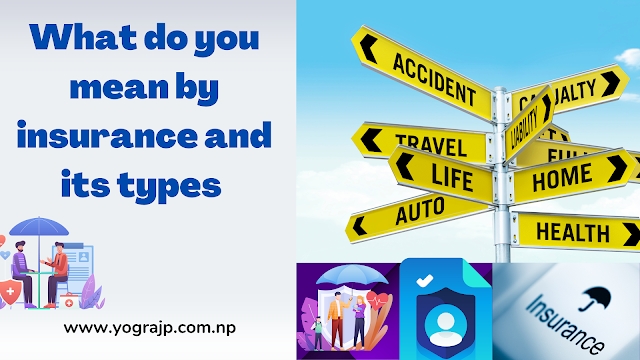What is insurance?
Insurance is a technique to control your risk. When you buy insurance, you get protection against unexpected financial losses. The insurance company compensates you or someone you pick if anything awful occurs to you.
If you have no insurance and an accident occurs, you may be accountable for all connected charges. Having the correct insurance for the dangers you may encounter may have a major impact on your life. An insurance policy is a written contract between the policyholder (the person or entity that obtains the policy) and the insurer (the insurance company) (the insurance company).
The policyholder is not always the insured. An individual or organization may receive an insurance policy (making them the policyholder) that covers another person or entity (who is the insured) (who is the insured). For example, when a corporation buys life insurance for an employee, the individual is the insured, and the company is the policyholder.
How can insurance lower your financial risk?
Imagine you’re driving your automobile and you strike a deer, which damages your car. If you have the correct form of vehicle insurance coverage, the insurance company will pay the price of the automobile repairs (less the deductible – the percentage you have to pay).
Now, suppose a water pipe breaks in your bathroom, damaging everything in that room and in the bedroom next to it. Typically, if you have homeowner’s or renter’s insurance, the insurance company will pay to replace part or all of the damaged items, assuming you pay your deductible. Insurance coverage will only pay for items that are stated in the policy. So, it’s vital to study a policy thoroughly before you purchase it, so you’ll know precisely what’s covered.
How does an insurance policy work?
Insurance plans are frequently in force for a particular amount of time. This might be referred to as the policy term. After that time, you need to renew the policy or purchase a new one.
When you acquire an insurance policy, part of your duty is paying a cost called a premium. Some payments are paid monthly, like health insurance. Others may be paid once or twice a year, like a vehicle or a homeowner’s insurance. The amount of your premium largely relies on how big of a danger you are to the insurance provider.

In addition to the premiums, most insurance plans have a deductible. That’s the amount you have to pay initially before the insurance company pays its portion. For example, if you have a $500 deductible on your homeowner’s policy and a storm causes $3,000 in damage, you will pay $500 and your insurance company will cover $2,500. With certain insurance, you may pick your deductible. Usually, a greater deductible indicates a cheaper insurance rate.
What are popular forms of insurance?
There are various sorts of insurance, but some typical ones are mentioned below.
1. Health insurance:
Helps you pay for medical expenses and occasionally prescription medicines. Once you obtain health insurance coverage, you and your health insurer both agree to pay a share of your medical expenditures generally a set monetary amount or percentage of the expenses.
2. Life insurance:
Pays a person you pick a specific amount of money if or when you die. The money from your life insurance policy may assist your family pay bills and supporting living costs.
3. Disability insurance:
Protects people and their families from financial difficulty when sickness or accident prohibits them from earning a livelihood. Many businesses provide some type of disability coverage to workers, or you may purchase an individual disability insurance policy.
4. Auto insurance:
Protects you from paying the whole cost of car repairs and medical expenditures due to an accident. In most areas, the law requires you to carry auto insurance while driving a motor vehicle.
5. Homeowner’s or renter’s insurance:
Protects your house and personal belongings against damage or loss and insurance you in case someone gets wounded while on your property. If you have a mortgage on your property, most lenders require you to obtain homeowner’s insurance as a condition of the loan.
What should you consider before obtaining an insurance policy?
A helpful tip to live by is to do your research before you get insurance. Research any insurance company you’re considering purchasing from to make sure that the firm is financially solid and gives decent service. Also, find out what aspects count so that you may acquire the coverage you need at the greatest price.
Other articles are below:
- 10 Best Essential Business Management Techniques You Need to Know
- Maximize Efficiency and Growth: Expert Product and Service Management Solutions
- Why Macroeconomics is the study of the economy as a whole – Best Info
- Understanding Supply and Demand: A Comprehensive Explanation
- The Nature and Scope of Macroeconomics- A Best Guide

